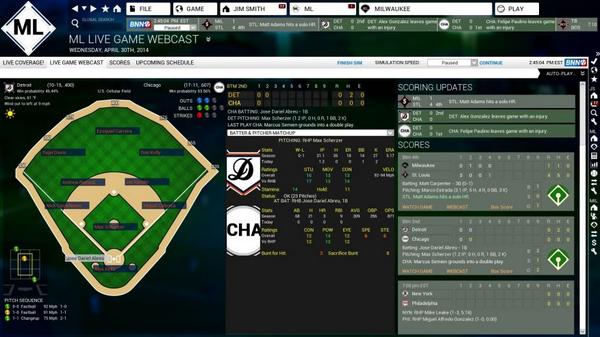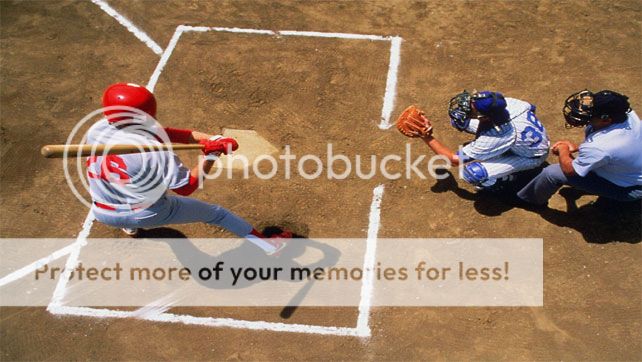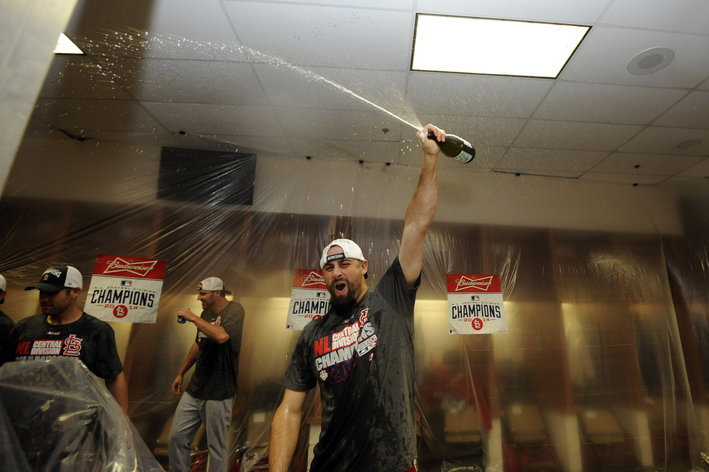
If your baseball team didn't make the playoffs this year, you may
be grumbling that, if only they’d signed this player or not signed that player,
or had used different tactics, then all would be different.
In short, things would be better if only you were in charge of the
team.
Well now you can see for yourself if that's true.
“Out of the Park Baseball 15” (OOTP 15) is an
incredibly detailed baseball simulation that abandons the glitzy graphics and
immediate accessibility of other games like Sony’s “MLB 14: The Show,” released
earlier this year for PlayStation 4 and PlayStation Vita, instead offering an
incredibly detailed management simulation designed to cater primarily to the hardcore baseball fan.
The key feature of the OOTP series is that you don’t actually play
the baseball games as a player. Acting as coach and/or general manager, you buy
and trade players, work out your lineup, bring rookies through your youth
system and give instructions to your men during the game who go and (hopefully)
do your bidding.
In the games, you choose when to bring in your reliever or closer,
tell your batters whether to bat normally, bunt or swing for the stands. You’ll
tell your runners whether to stay where they are or make a dive to another
base, move your fielders out or in, and tell your pitcher whether to go for the
strike-out, to pitch around, or even just to throw one right at the batter and
shake him up a little bit.
The graphics and sound are where "OOTP 15" is at its
weakest. Most of the game takes the form of spreadsheets and tables full of
statistics from which you can make your decisions. The actual games aren’t much better. While 3D
environments are new to this year’s version, there are no moving crowds or
batters running around bases. Instead a stationary layout with text boxes and
pictures representing the players replaces the immersive environments found in
other baseball games. There are some crowd noises, but they are gratingly
repetitive and will force most gamers to turn them off in no time.
It’s also a game, that at first glance, seems overwhelming. If you
are a baseball junkie comfortable with ERA’s, SLGs, OBPs and how to flip
players between your 25-man and 40-man rosters, then you may be able to catch
on quickly, but if you are only a casual fan, expect a lot of learning to
figure out what you are supposed to do. You can also expect to make a lot of
mistakes.
However, the game creators are smart in allowing you to customize
exactly how involved you want to be. So, if you just want to deal with trades
and purchases and leave lineups and managing games to the computer, you can. Or
if you want to go all in and change everything, that option is also available
too.
As a casual fan myself, in my first few hours I really was pining
for the pick-up-and-play glitz and glamor of "MLB 14: The Show." Yet
as I played more, frequently researching things online and moving very
carefully, things started to click and "OOTP 15" hooked me in.
"OOTP 15" is a much slower game, requiring you to think
things through, plan strategy and mull carefully over your picks. Even when I
was away from my computer I found that I would still be thinking about my
Yankees, whether the trade proposed by the Red Sox for my third baseman would
be worth it, if I had enough coverage on my roster, whether I needed a better
reliever or if I should put my faith in the rookie I brought in.
It also made the victories in games more satisfying because they
all felt like my victories that I had won by employing a smarter strategy, and
using players that I had agonized over bringing into the team.
Another of OOTP’s great strengths is its depth in terms of
options. Not only can you play in any of the minor leagues, you can also manage
teams in international leagues too, such as the Japanese leagues. Finally, the
game opens the rosters up back to 1871. Want to see if Babe Ruth’s Yankees
would be better under your management or go back in time and manage the
Philadelphia Athletics? Those options are all available to you amid the host of
customization options on offer.
Yet the audience for "OOTP 15" is ultimately a
particular one. "OOTP 15" is not a game for a quick fix, or a fast
experience. If you are a casual gamer, it’s hard not to recommend “MLB 14: The
Show” over the slow churn of "Out of the Park Baseball 15." But if
you are a baseball fanatic or a statistician looking for a game to really sink
your teeth into, perhaps as something to play with the nightly baseball game on
in the background, then look past the bland spreadsheets. "OOTP 15"
might just be the dream ticket.







